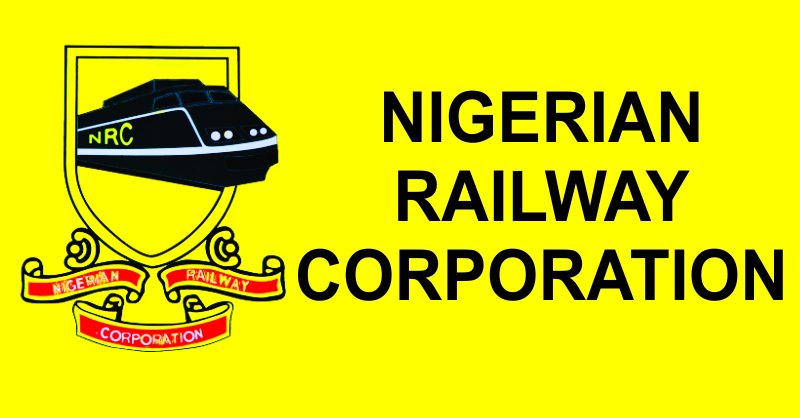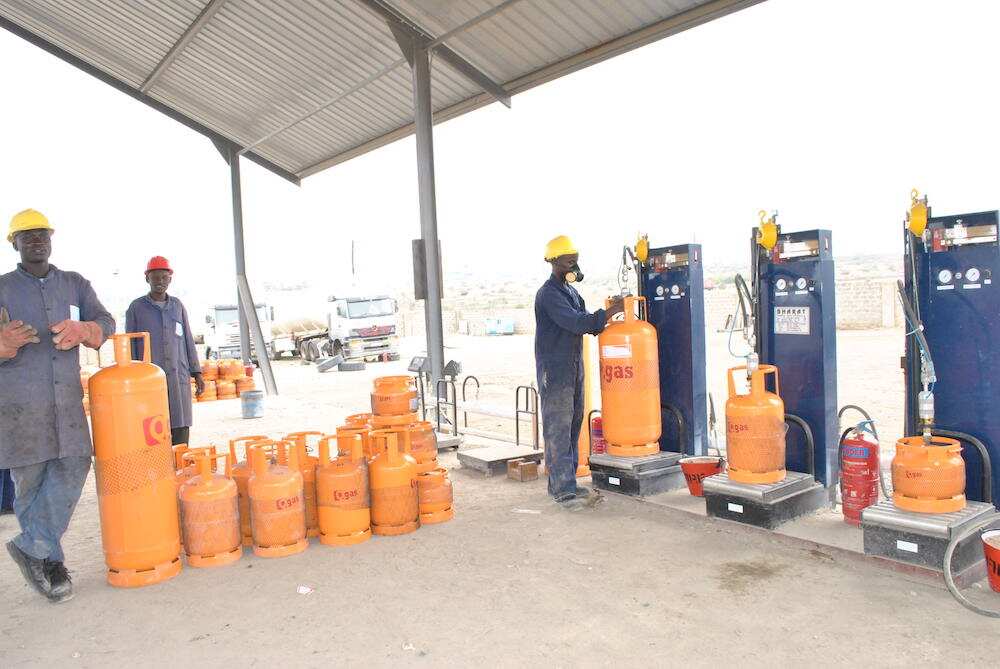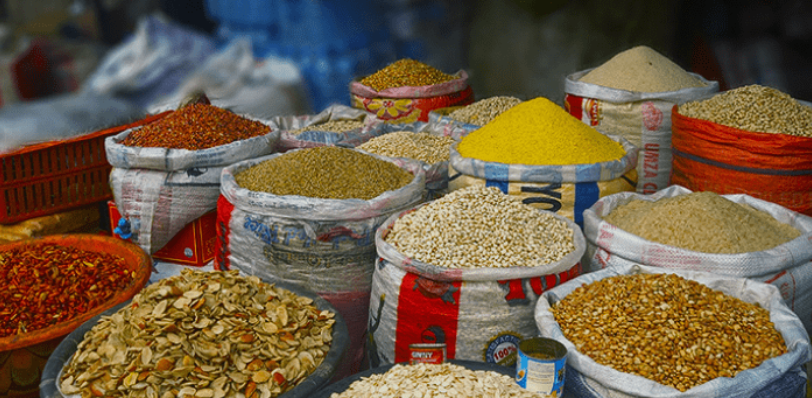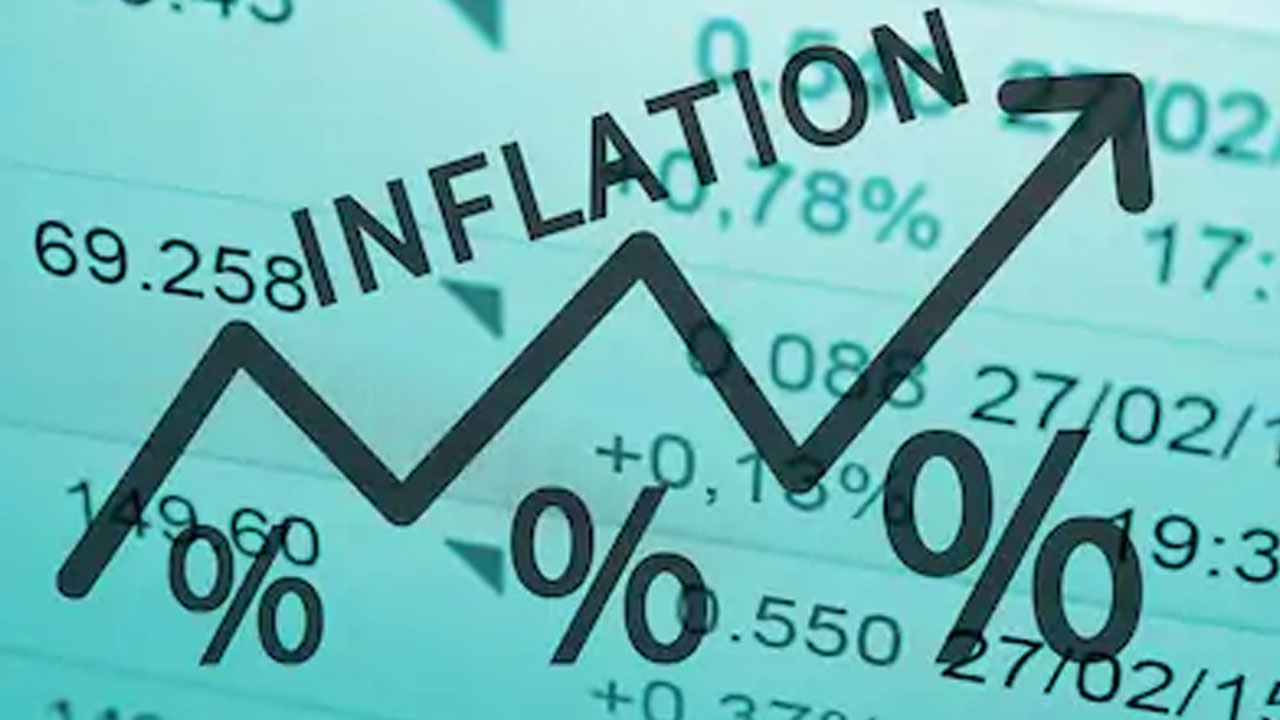Nigeria inflation rate jumped up to 22.41 percent in May 2023, according to Nigeria’s consumer price index (CPI), which measures the rate of change in prices of goods and services in the country.
The inflation rate increased from 22.22 percent in the previous month to 22.41 percent.
The country’s May inflation data is contained in the latest CPI report released on Thursday by the National Bureau of Statistics (NBS).
The latest figure is the fifth consecutive rise in the country’s inflation rate this year, as Nigerians adjust to the effects of the recent petrol subsidy removal.
According to the NBS report, “in May 2023, the headline inflation rate increased to 22.41 percent relative to April 2023 headline inflation rate which was 22.22 percent”.
“Similarly, on a year-on-year basis, the headline inflation rate was 4.70 percentage points higher compared to the rate recorded in May 2022, which was (17.71 percent).
“This shows that the headline inflation rate (year-on-year basis) increased in the month of May 2023 when compared to the same month in the preceding year (i.e., May 2022).
“Likewise, on a month-on-month basis, the headline inflation rate in May 2023 was 1.94 percent, which was 0.03 percent higher than the rate recorded in April 2023 (1.91 percent).”
The NBS said in the month of May 2023, the average general price level was 0.03 percent higher relative to April 2023.
According to NBS, the food inflation rate in May 2023 was 24.82 percent on a year-on-year basis. This is 5.33 percent points higher compared to what was recorded in May 2022 (19.50 percent).
The statistics body said the rise in food inflation was caused by increases in prices of oil and fat, yam and other tubers, bread and cereals, fish, potatoes, fruits, meat, vegetable, spirit.
“On a month-on-month basis, the food inflation rate in May 2023, was 2.19 percent, this was 0.06 percent higher compared to the rate recorded in April 2023 (2.13 perecent),” the report said.
“The average annual rate of food inflation for the twelve-months ending May 2023 over the previous twelve-month average was 23.65 percent, which was 4.97 percent points increase from the average annual rate of change recorded in May 2022 (18.68 percent).
“On a year-on-year basis food inflation was highest in Ondo (25.84 percent), Kogi (25.70 percent), Rivers (25.02 percent); while Taraba (19.55 percent), Sokoto (19.56 percent), and Plateau (19.89 percent) recorded the slowest rise in headline inflation.”




